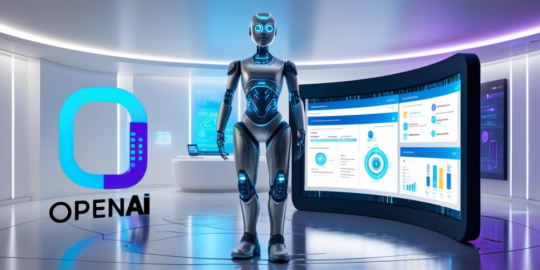
The emergence of AI agents is set to mark a significant advancement in how tasks are managed on computers. OpenAI is reportedly preparing to unveil a range of artificial intelligence agents designed to handle various operations within computer systems. According to recent reports, the company has been engaged in multiple research initiatives related to these agents, with a particular project named "Operator" capable of executing multi-step tasks. The launch is anticipated to occur in January 2025, where developers will get their first look through a research preview. Access to these AI agents will be facilitated via a dedicated application programming interface (API), enabling developers to create new software applications.
AI agents have become increasingly popular in the technological landscape. These compact AI models possess targeted knowledge and utilize specific software to accomplish tasks, including replicating keystrokes and executing clicks. Their specialized design allows them to perform tasks efficiently and with a high degree of accuracy.
According to a report from Bloomberg, OpenAI is introducing the Operator AI agent, which can execute a range of functions on computers. Insiders have suggested that this agent will allow users to undertake complex assignments like writing code or making reservations with ease.
Recently, executives from OpenAI shared the intention to introduce this tool in January 2025 as a research preview. The company plans to develop a new API for developers to facilitate interaction with the system.
In addition to Operator, OpenAI is supposedly nearing the completion of several other projects focusing on agent-related research. One of these initiatives aims to enable task execution directly within web browsers. However, specifics regarding these additional projects remain undisclosed.
Sam Altman, CEO of OpenAI, highlighted AI agents as a central priority for the company during a recent Q&A session on a popular platform. In his response to a user query, he emphasized that the continuous improvement of models will eventually unveil what he described as the next significant breakthrough—agents.
The competitive landscape is also evolving, as demonstrated by Anthropic's recent release of its own AI agents. Known as Computer Use, these agents are designed to comprehend and interact with computer systems, allowing them to effectively control and manage tasks on personal computers. These agents are built upon an enhanced version of the Claude 3.5 architecture.